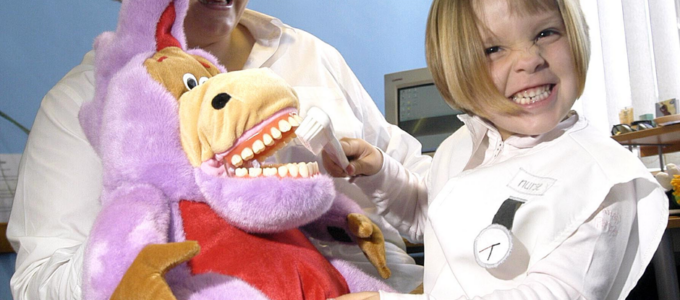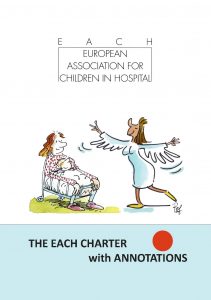
Children and young people cope better emotionally with medical and dental treatment if they know what to expect. We recommend that parents/carers and healthcare professionals should help children understand and prepare for dental procedures and treatments by using child-friendly language, play, toys, books, and other resources, keeping in mind the child’s age and level of understanding.
CLICK HERE to view our DENTAL CARE FOR CHILDREN AND YOUNG PEOPLE GUIDE.
Keeping children’s teeth healthy will help them to maintain clean and healthy teeth and gums and develop good oral hygiene habits that they will need throughout the rest of their lives. Remember the most important thing is brushing at least twice a day with fluoride toothpaste. NHS INFORM
It is worth remembering that tooth decay is largely preventable yet it remains a serious problem. In fact the proportion of children estimated to have severe decay or abscess increased from 6.6% in 2020 to 9.7% in 2022. So, tooth decay in children is a major health problem in the UK – and despite being entirely preventable is one of the most common reasons for hospital admission in children.
Children who have toothache or who need treatment may have pain, infections, and difficulties with eating, sleeping and socialising. They may have to be absent from school and parents may also have to take time off work to take their children to a dentist or to hospital. Primary (milk) teeth start coming through from around six months, and most children have a full set of 20 by the age of three so dental care is essential from birth.
DENTAL health – let’s play
A rights-based approach to dental health
At Children’s Health Scotland we promote a rights-based approach to oral health and work with NHS Education for Scotland to deliver workshops and training which is relevant for Dental Health Support Workers, dental nurses, dental hygienists/therapists, and dentists working with children and young people to improve their oral health. The learning within our courses is also appropriate for those working with the early years, both in the Local Authority and the Voluntary Sector. It is particularly useful for those who are supporting children and young people with additional support needs.
Through the work of our Special Smiles project in additional support for learning (ASL) schools, we became aware of inequities in the dental health provision for children with additional support needs. Unlike mainstream schools, ASL schools were not included in the Basic National Dental Inspection Programme inspections. This meant that parents did not receive information on their child’s dental health and no data is gathered on children in ASL schools to inform future care and planning and services. We found that children in ASL settings did not routinely receive Childsmile and fluoride varnish application, despite these children having a higher risk of dental caries and tooth extraction under general anaesthesia.
As a result of our concerns the Chief Dental Officer for Scotland instigated a review of provision to ASL settings. The result was that as from August 2016 ASL settings will be offered Childsmile tooth brushing and fluoride varnish application and will be included in the Basic National Dental Inspection Programme.
